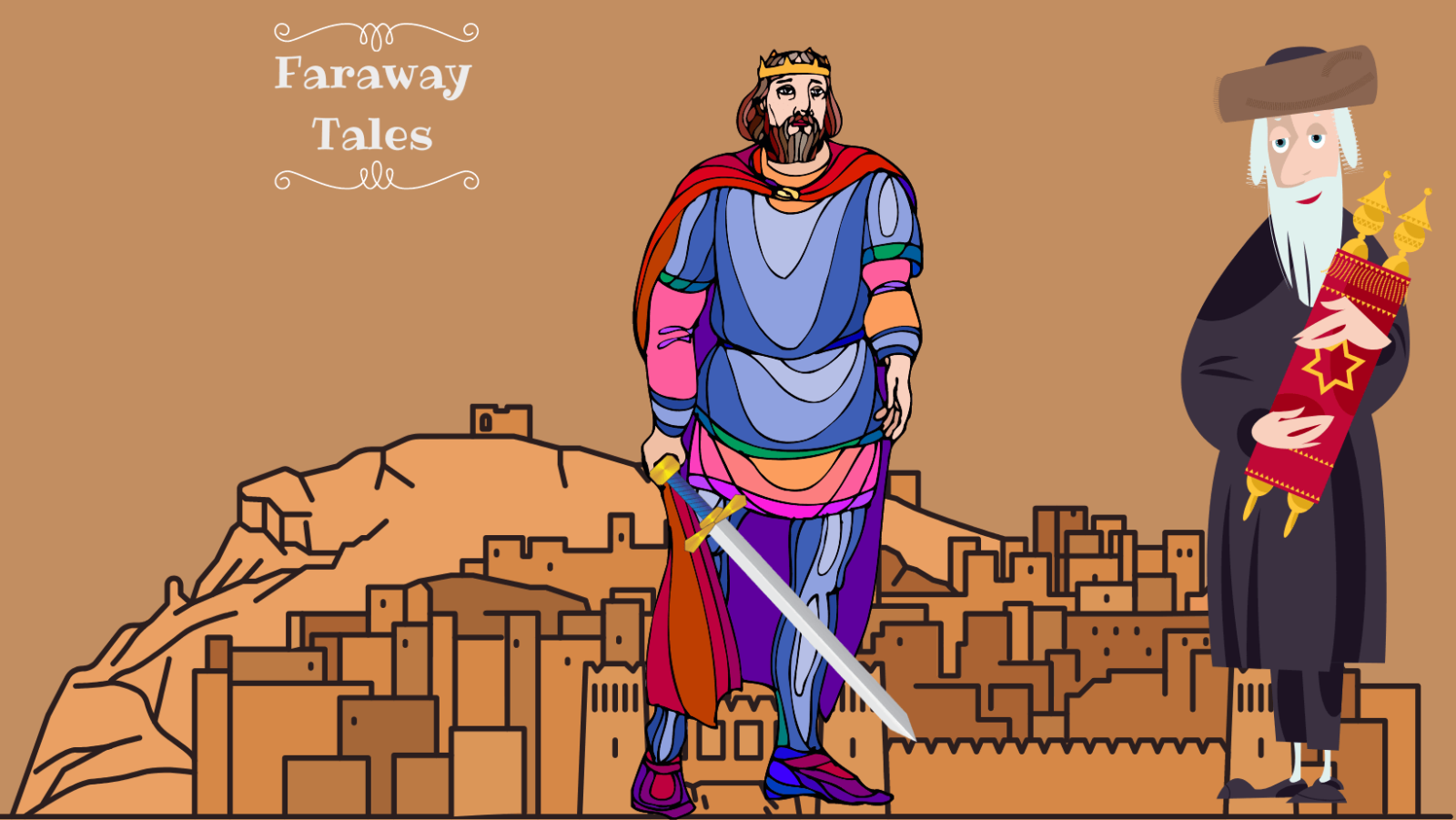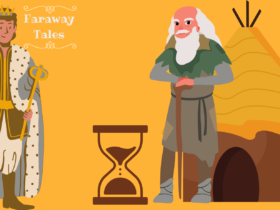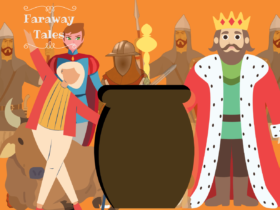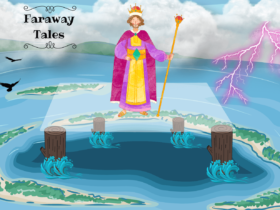|| An Israeli legend ||
Godfrey de Bouillon was a famous warrior, a daring general and bold leader of men, who gained victories in several countries.
And so, in the year 1095, when the first Crusade (holy cleansing) came to be arranged, he was entrusted with the command of one of the armies and led it across Europe. He took his armies east.
Like many great soldiers of his period, Godfrey was a cruel man, and, above all, he hated the Jews.
“In this, our Holy War,” he said to his men, “we shall not rest until we finish all the children of Israel”. As a madman on a rampage, Godfrey and his soldiers did massacre a number of Jews.
This they did, while capturing new kingdoms and all while believing they were doing some sacred duty.
Godfrey felt sure he would be victorious, but he also wanted to obtain the blessing of a Jewish rabbi. People were superstitious those days, so it was not unusual. So Godfrey de Bouillon sent for the learned Rabbi Solomon ben Isaac, better known by his world-famed name of Rashi.
Rashi, one of the wisest sages of the Jews, came to Godfrey, and the two men stood facing each other.
“You must have heard of my mission to capture Jerusalem,” said Godfrey, haughtily. “I demand your blessing on my mission”
“Blessings are not in the gift of man; they are bestowed by Heaven—on worthy objects,” answered Rashi.
“Careful with your words,” retorted the warrior.
But Rashi was not afraid. He was becoming an old man then, but he was as brave as the proud soldier, and he faced Godfrey unflinchingly.
“I can make no claim on the God of Israel, especially to the one who is set out on destroying his very people ,” he said.
“How dare you!” exclaimed Godfrey. But he stopped his angry words abruptly. He had no wish to quarrel with any holy man, for that might be inauspicious. Besides, the rabbi might curse him. No, that would be very bad.
“If you will not bless,” Godfrey said, “perhaps you can see the future for me. You wise men of the Jews are seers and can foretell events—so they say. A hundred thousand chariots filled with brave soldiers are at my command. Tell me, shall I succeed, or fail?”
“You will do both.” Rashi replied.
“What do you mean?” demanded Godfrey, angrily.
“Jerusalem will fall. You will become its king.”, said the rabbi.
“Ha, ha! So you are giving a blessing after all,” interrupted Godfrey. “I am satisfied.”
“I am not finished,” said the rabbi, gravely. “Three days you will rule and no more.”
Godfrey turned pale. “Would I return to Western Europe?” he asked, slowly.
“Not with your army. You will lose it all. By the time you reach this city, you will reach with three horses and three horsemen beside yourself”
“Enough!” cried Godfrey. “If you think your words can affect me, you’re wrong. If any of your predictions were wrong, even if I were to return with a fourth horseman, you shall be put to death as a fraud”
“I understand well,” replied Rashi, quite unmoved, “you and your men love to give out such threats in the name of God. I have nothing to fear, Godfrey de Bouillon. I did not forsee the future to impress you”.
With these words, the rabbi left.
Godfrey advanced with his troops towards Jerusalem.
History shows that he laid seige of Jerusalem for seven days. His men drove Jews into synagogues and set them on fire. After eight days, he took control of the city and proclaimed himself the king.
Two days later he decided he wanted to leave. He called his captains and said, “You have done me great honor. But I must return to Europe. I prefer to be called the Duke of Jerusalem and Guardian of the Holy City, than its king. I do not wish to stay here”. So he made his preparations.
Later that night, he recalled the rabbi’s prediction. “So the rabbi was right on one account. I still have an army to prove him wrong”, he thought. But there was a slight doubt in his mind. And over the next few days, it grew bigger so that he became moody. He started his long travel back to Europe with his army.
He could not help wondering if the rest of the prophecy would be true. So he celebrated lightly when they had a victory and plunged into sadness even at a small defeat. As a result, the morale of his troops was badly affected. Many men left the army, some became ill and some were lost in crossing the desert. He was leading home a small troop of exhausted, unhappy men and their horses.
By the time he reached the city of Worms, the city where the rabbi lived, he was left with four horsemen. He looked at the remains of his once grand army and tried to sound cheerful, “Well, the rabbi was wrong”.
He told them to form a line and walked proudly into the city. As he entered the grand city gates, he heard a cry. A large stone, which was a part of the gate had fallen on the last man, killing both him and his horse. So the rabbi’s words were true after all.
If you, dear story lover, ever visit the city of Brussels, the capital of Belgium, you will find the statue of Godfrey de Bouillon, with his sword proudly raised, holding a flag. It stands in the Place Royale, a few minutes’ walk from the synagogue.
In the ancient city of Worms that stands on the river Rhine, there is a synagogue that was built many centuries ago, still standing today. You will see the room where Rashi studied and the stone seat on which he sat.
And not far from the synagogue you will see the ancient gate of the city, named in honor of Rabbi Solomon ben Isaac, as the Rashi Gate. Maybe it was the very one under which Godfrey de Bouillon passed into the city with his three mounted companions, as the legend tells.
Like (0)







Leave a Reply